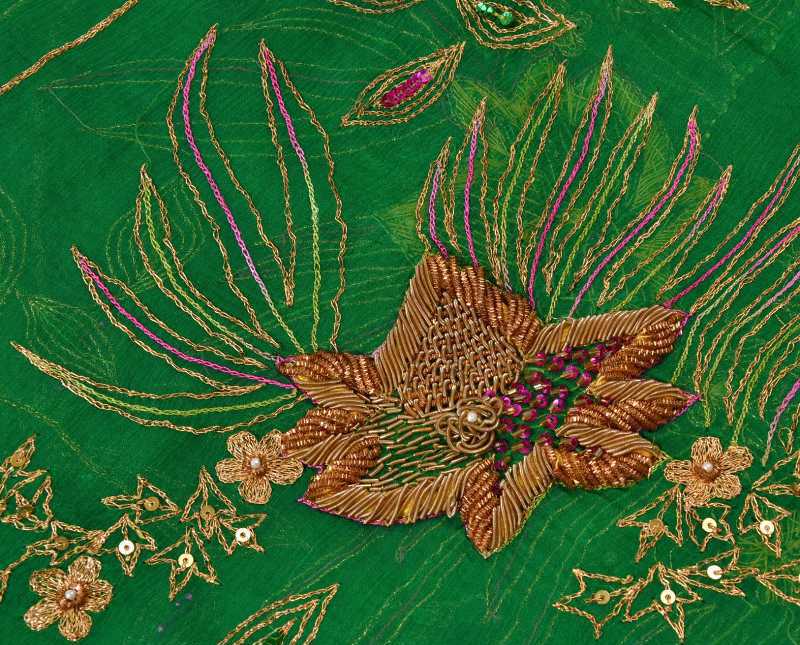===
0239,
10
===

=== |
 |
lālah : 'A tulip; (in India, also) the red poppy'. (Platts p.947)
koknār : 'Poppy; poppy-head (syn. post )'. (Platts p.863)
sabū-badosh : 'With a water-pot or ewer, &c. on his back; —a bearer or carrier of a pitcher, &c.'. (Platts p.633)
FWP:
SETS
MOTIFS == WINE
NAMES
TERMSThis is the fourth of five verses of a verse-set that continues through {239,11}. For a full discussion see the first verse, {239,7}.
Jamshid is so thoroughly gone, says the mysterious voice, that we not only don't find any trace of his special 'World-showing wineglass'-- we don't even find anything like it, or anything closer to it than the deeply cupped, wineglass-like shape of the tulip.
Whose place is the poppy taking? The grammar would work best if the us in the first line and the us in the second line referred to the same him/her/it. Surely the great king Jamshid is not to be thought of as a Cupbearer? But perhaps he is, since he's been made out in the previous verse, {239,9}, as the founder or establisher of the wineglass. Anyway, it's hard to come up with another suitable candidate.
There can be a whole discussion about the identity of the lālah -- is it the tulip as found in Persia, or the poppy as found in India? Let's not get into it. Discussions like that ('Is the nightingale the same bird as the bulbul?') are as futile as worrying over whether the mirror is made of glass or metal, or whether the beloved is male or female. Here is the answer: In any particular verse, if the poet wants us to have that piece of information, he'll contrive to give it to us; and if he doesn't give it to us, then we don't need to have it-- and don't have it. (Cf. 'How many children had Lady Macbeth?'.)
The important thing for the purposes of the present verse is that the mysterious voice is speaking of red flowers with a deeply cupped, wineglass-like shape. SRF feels that the mention of the poppy also evokes opium with its dreamy narcotic effects. It's perfectly possible, but could only be secondary, for nothing else in the verse (or the verse-set) encourages us to think of opium, while everything in the verse (and the verse-set) encourages us to think centrally of wine and wineglasses.
Note for grammar fans: We have to read se as short for jaise . What other choice is there? No doubt we'd rather have ke , but we don't, so we have to make the best of it.
There's a further point about koknār as 'poppyhead' (see the definition above). Below is a picture of what a poppyhead looks like. It really does look like a 'water-pot or ewer', doesn't it? For this image, along with an informative and enjoyable discussion, I am indebted to Zahra Sabri (June 2022).